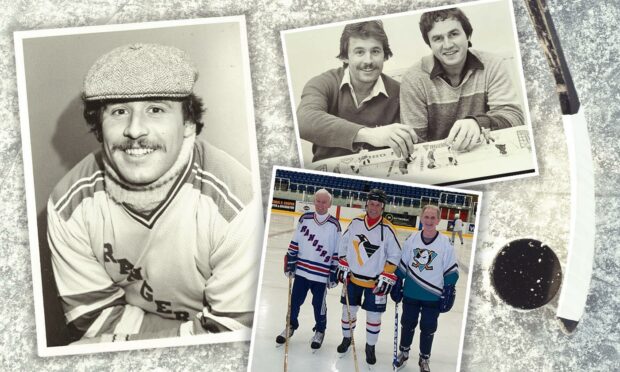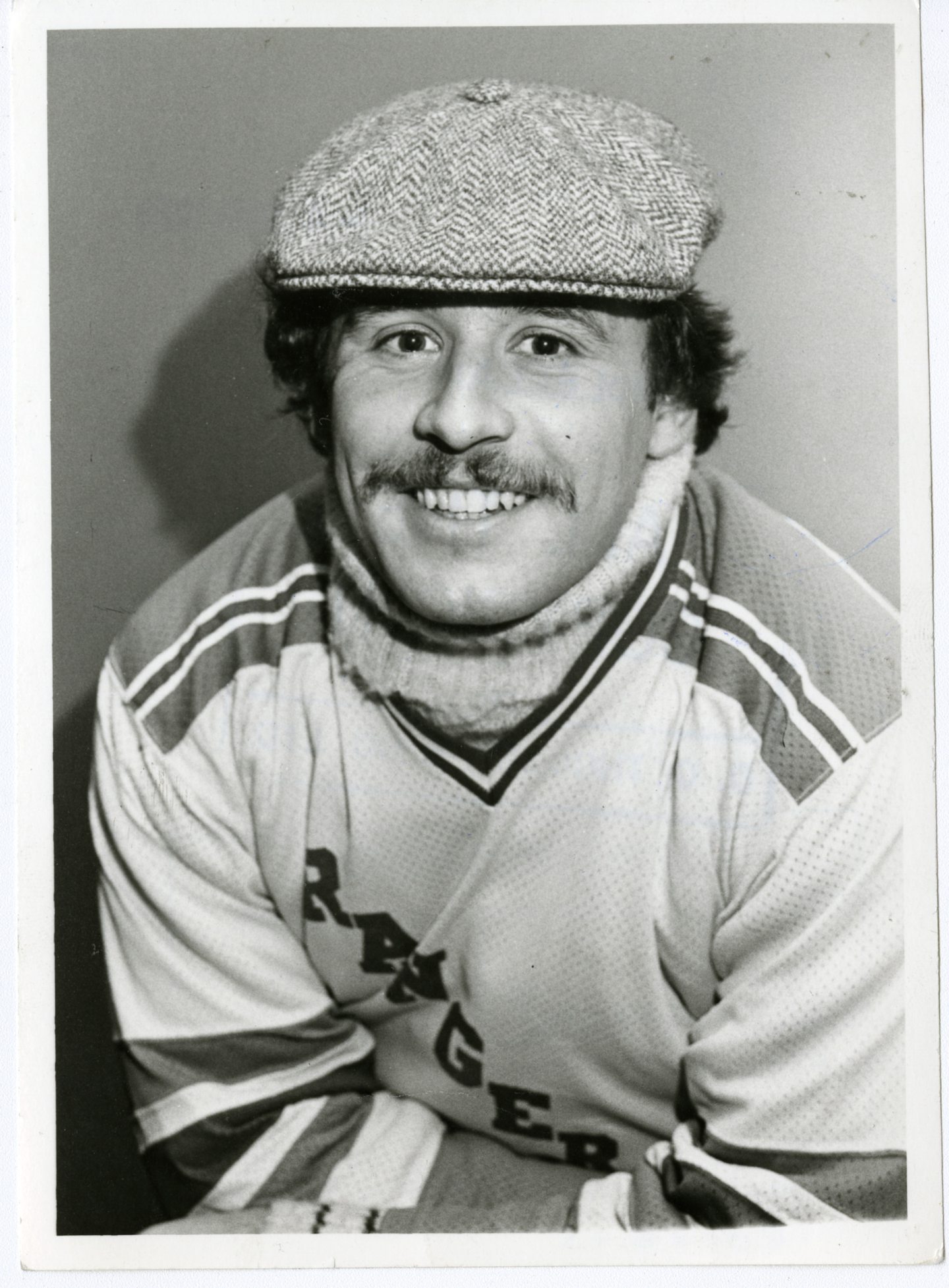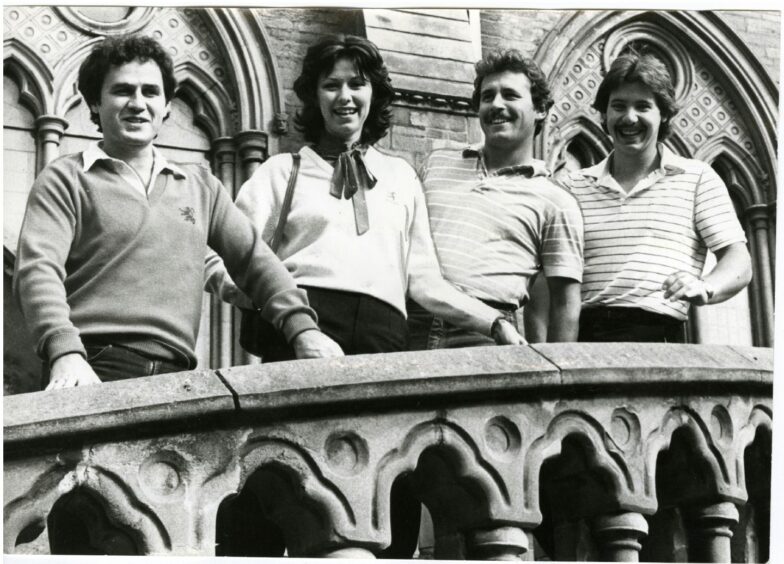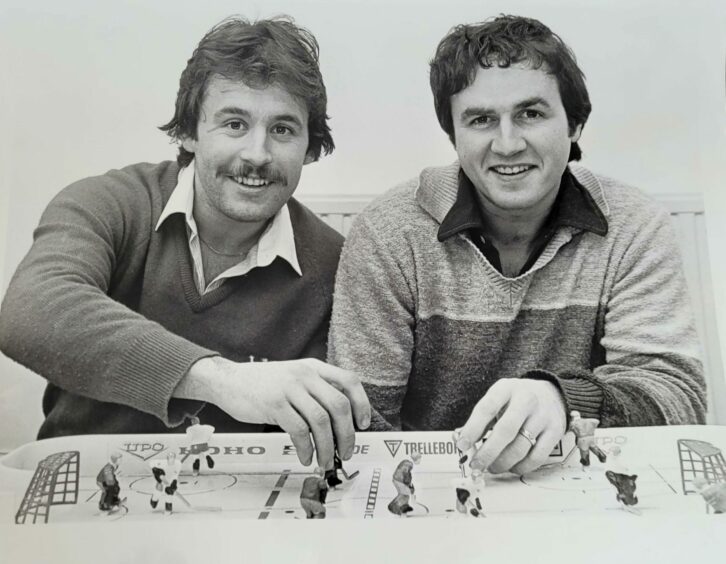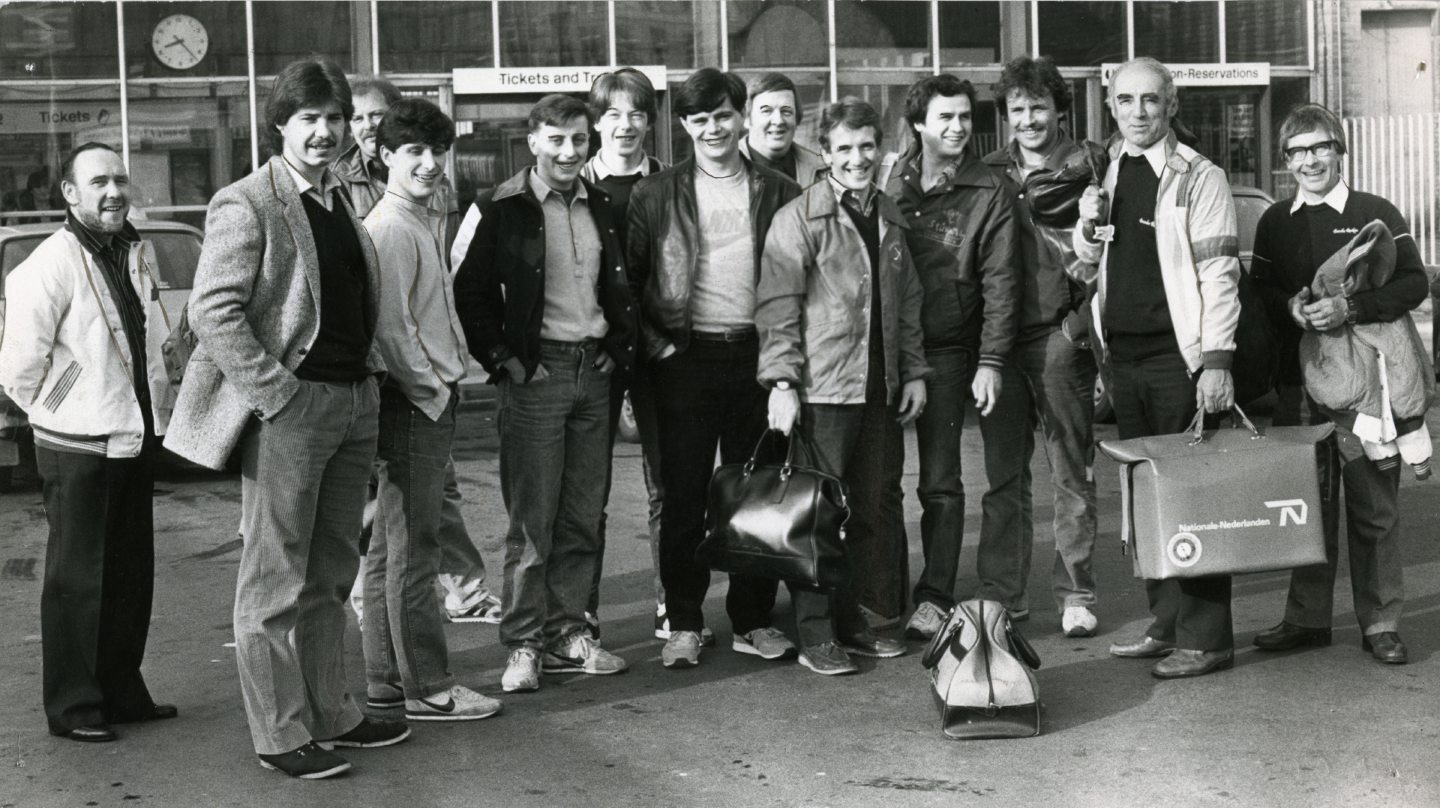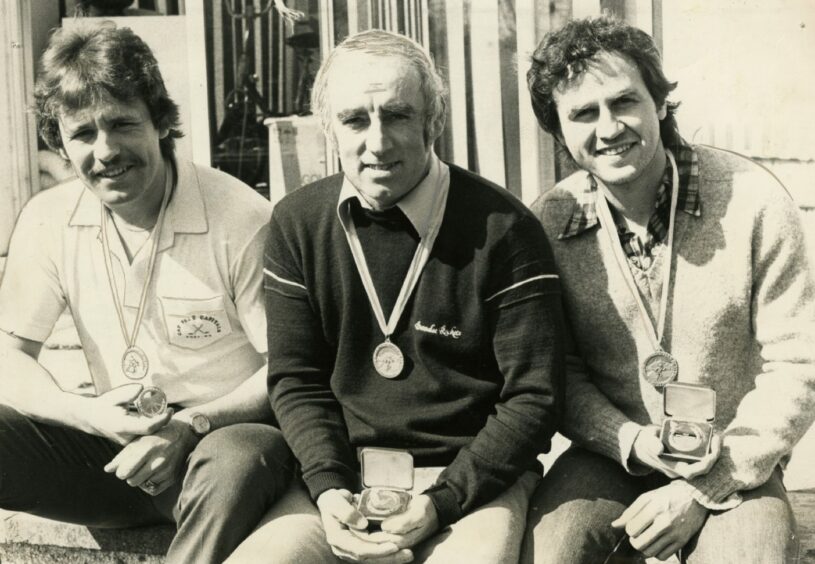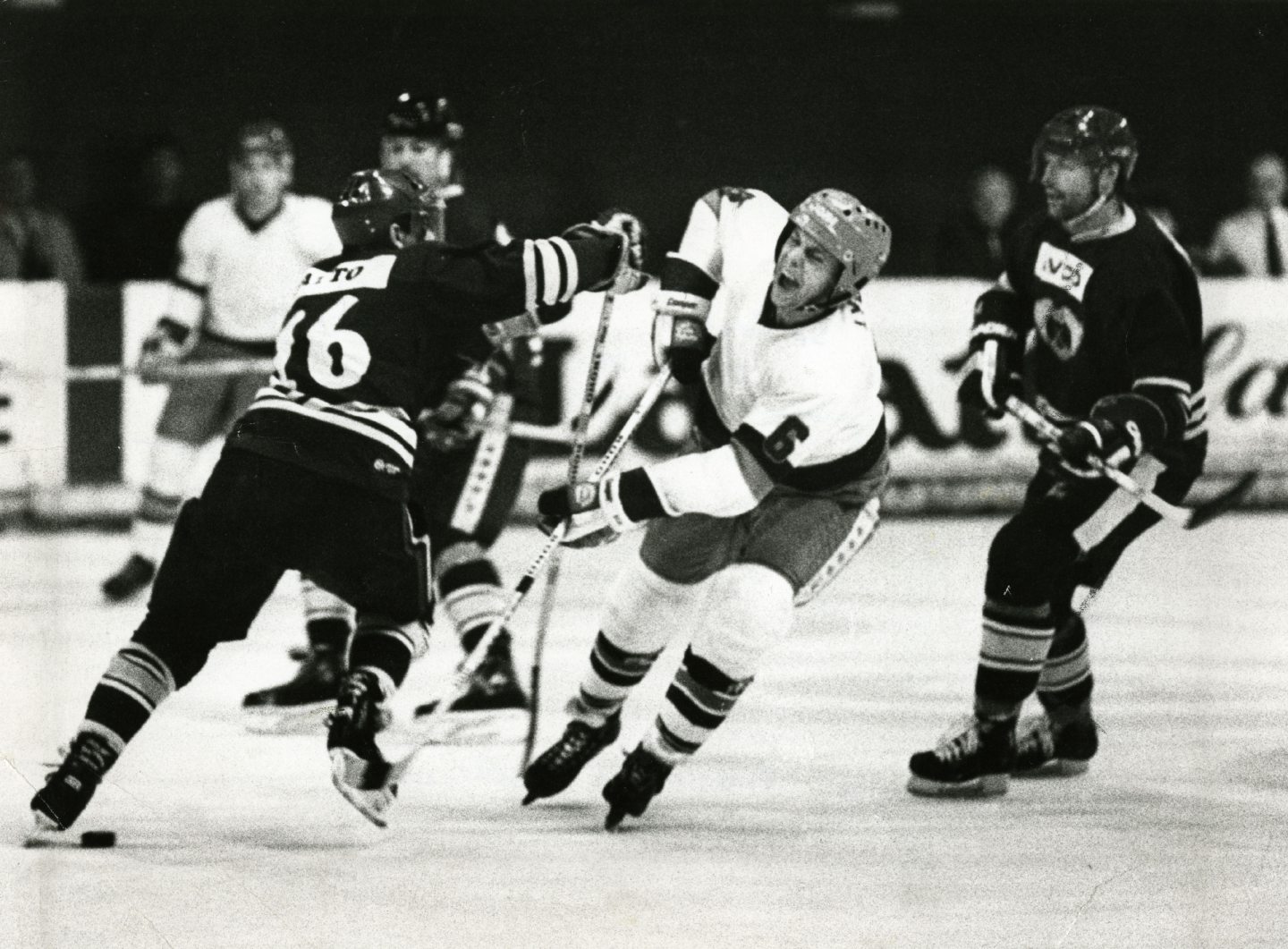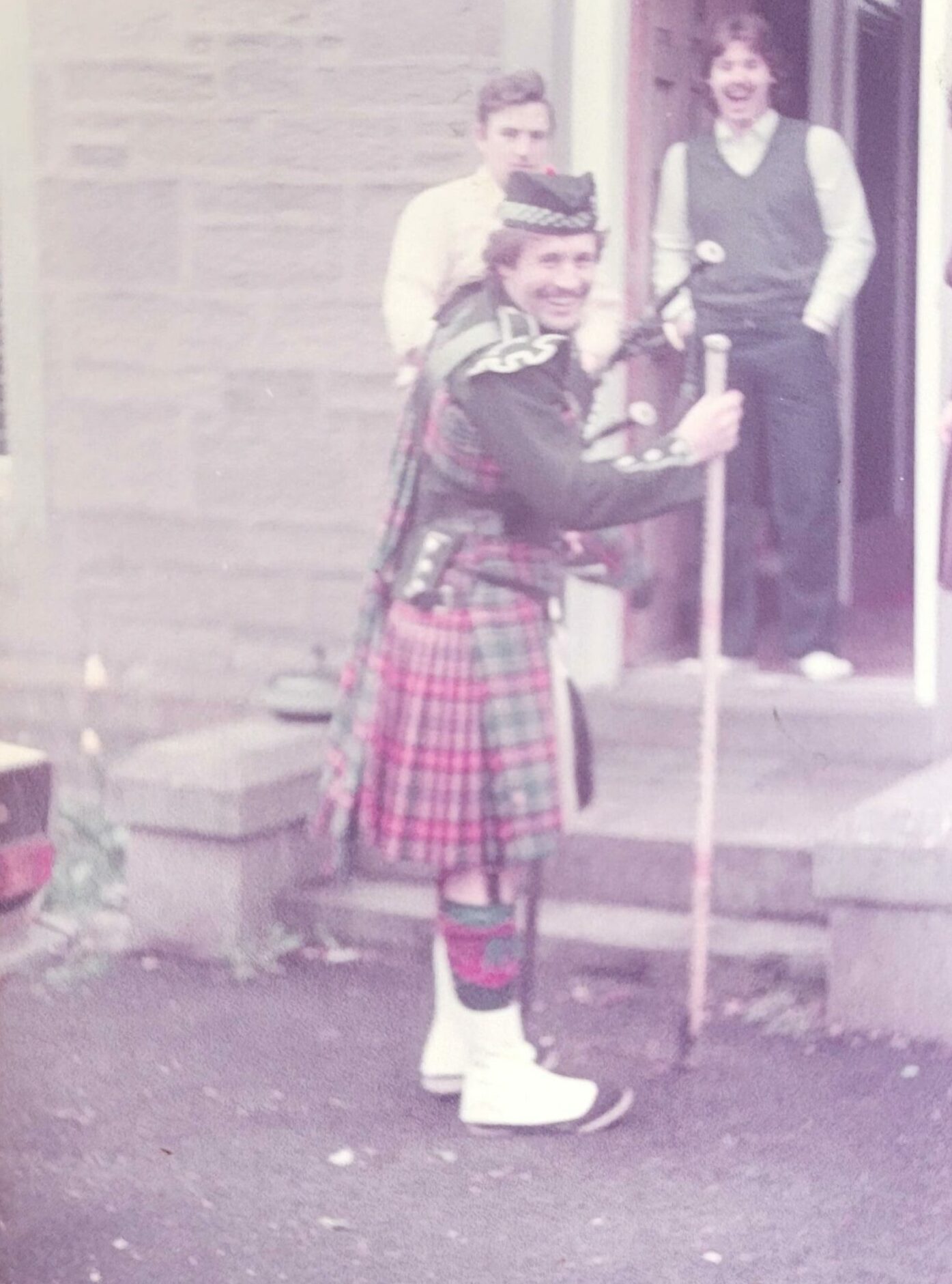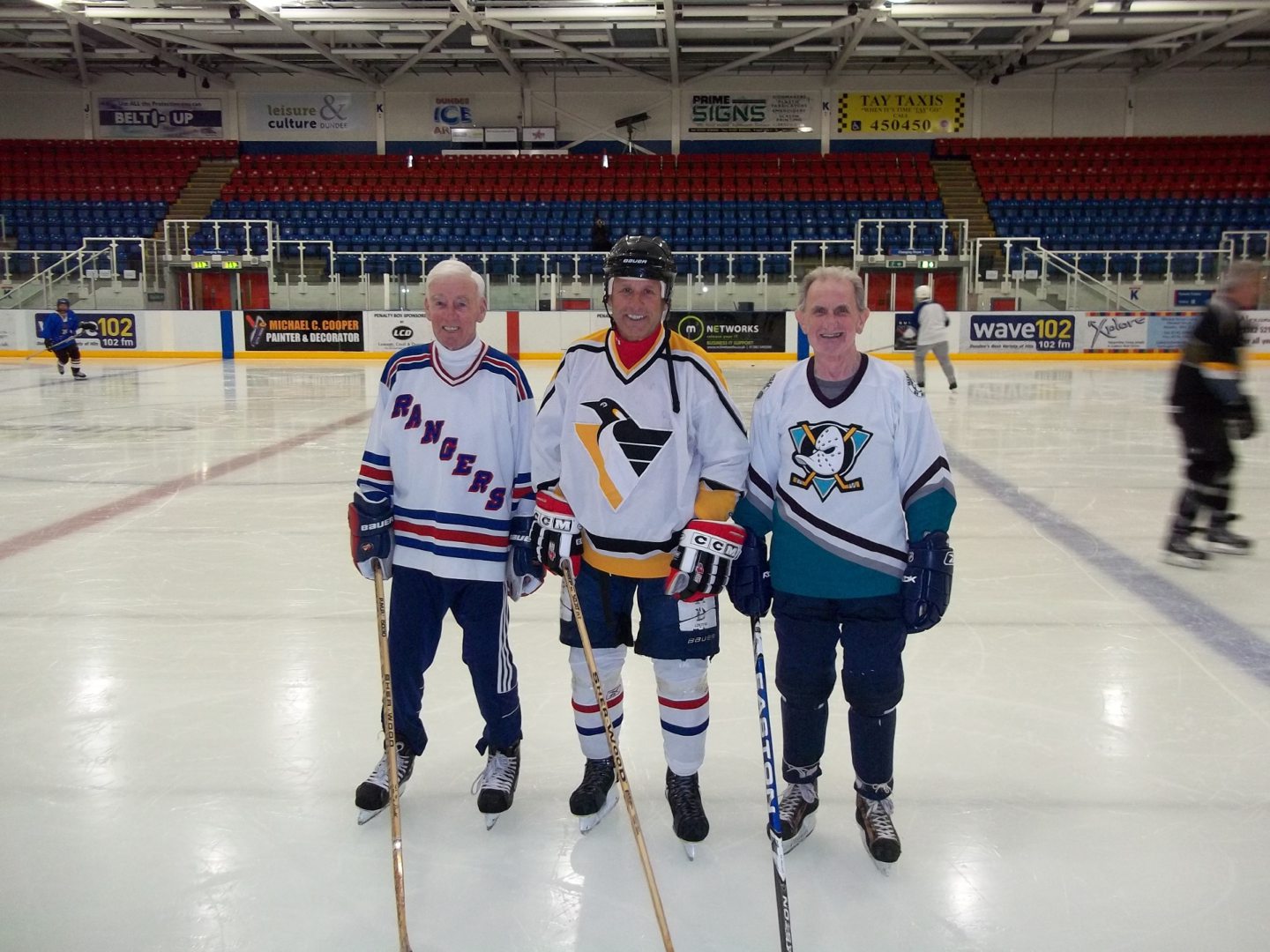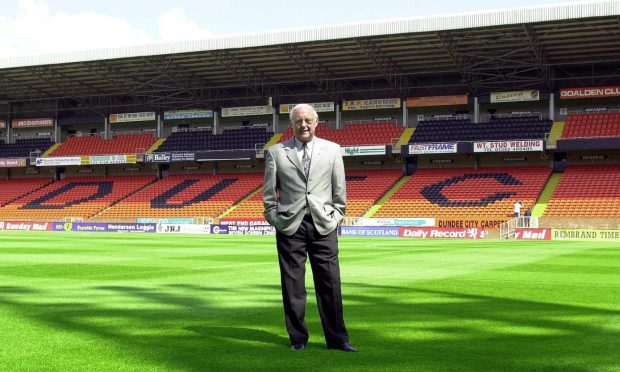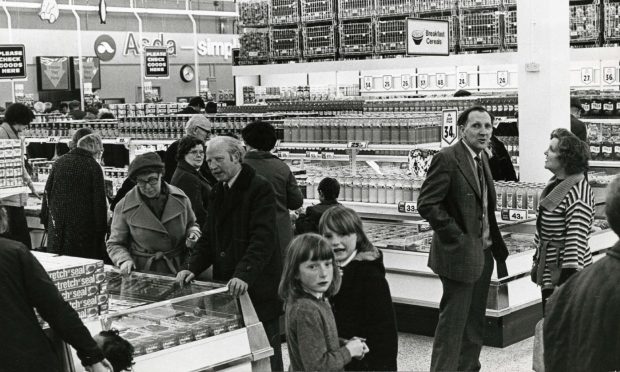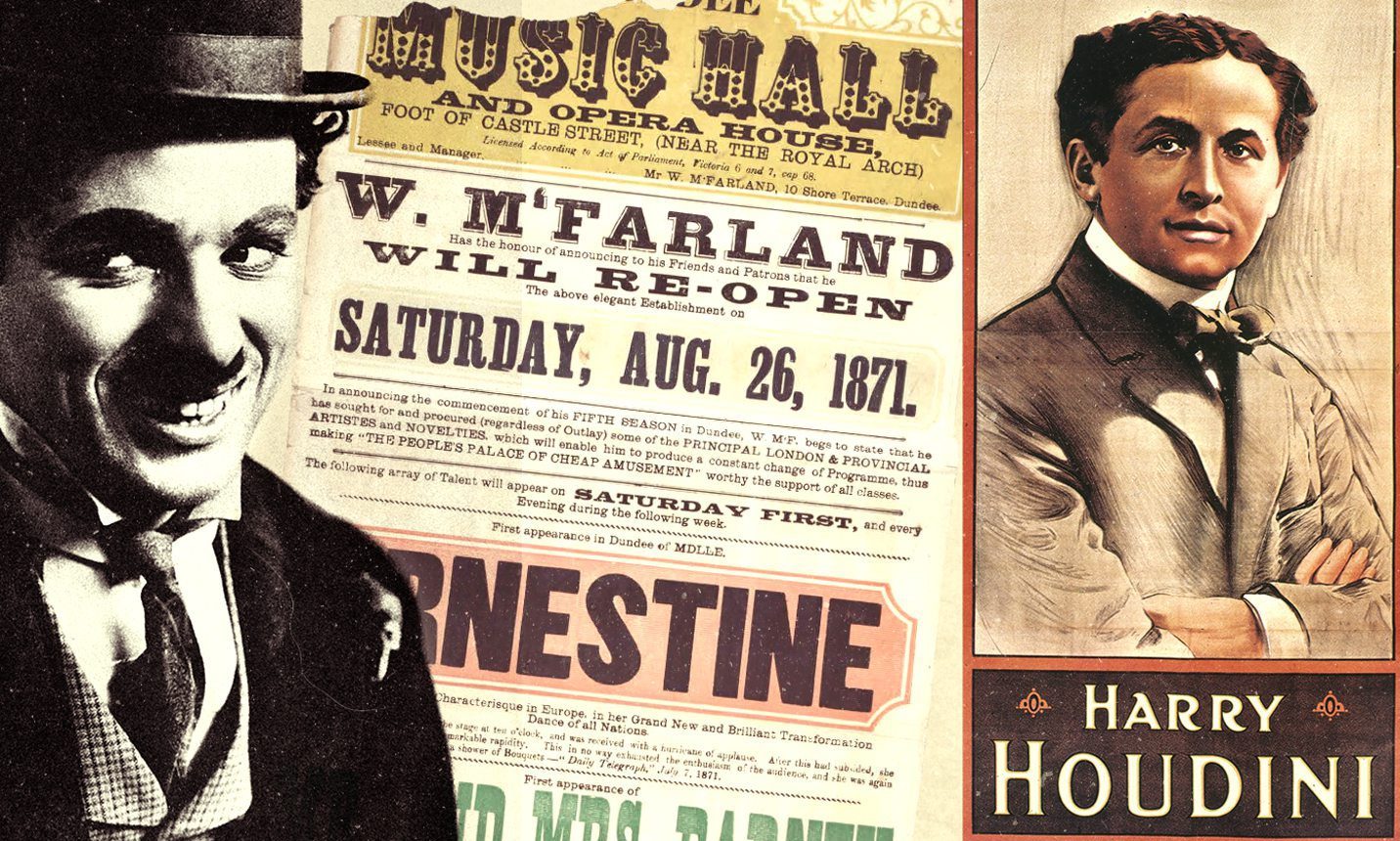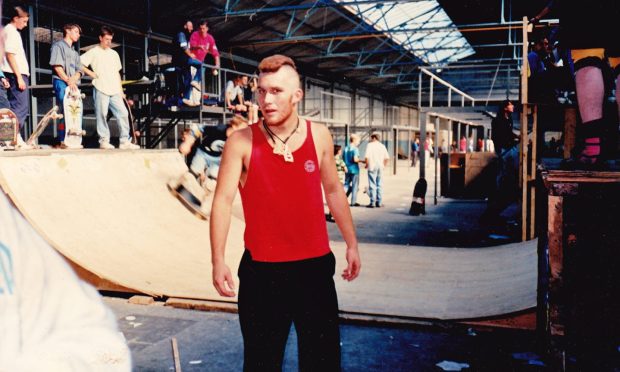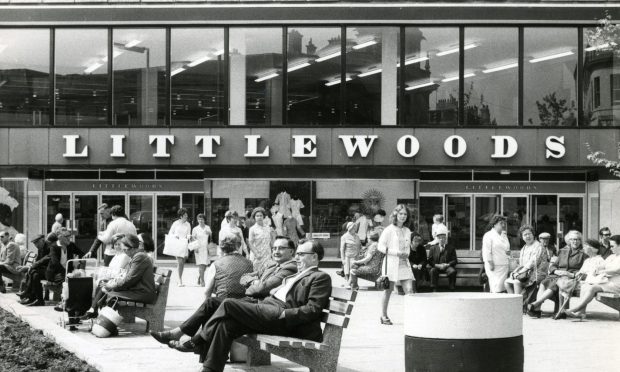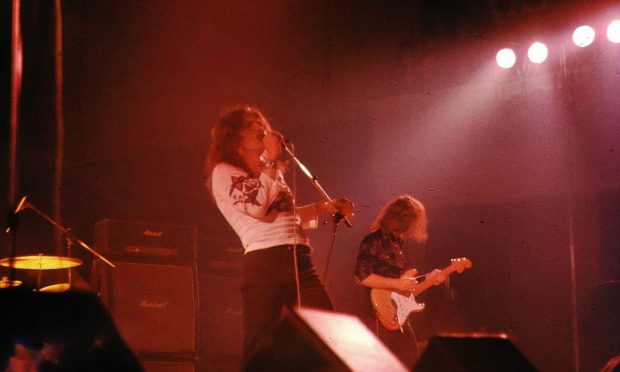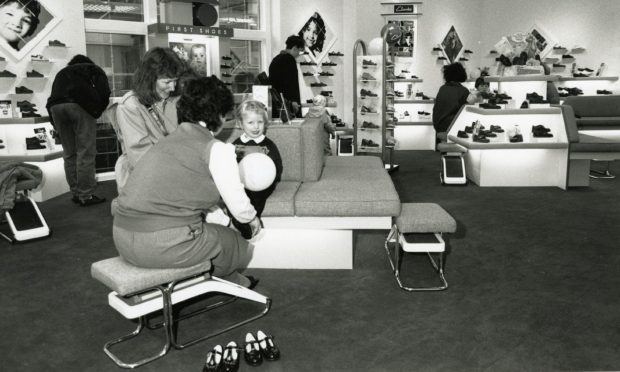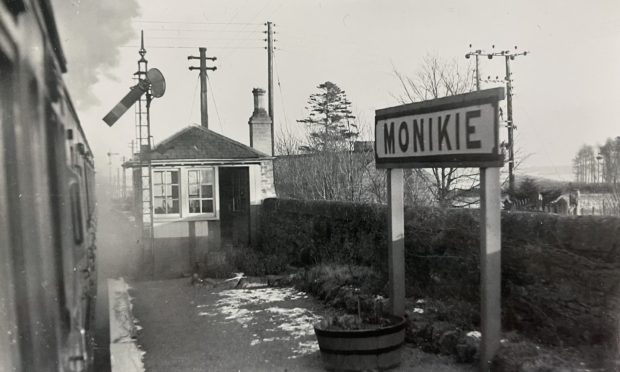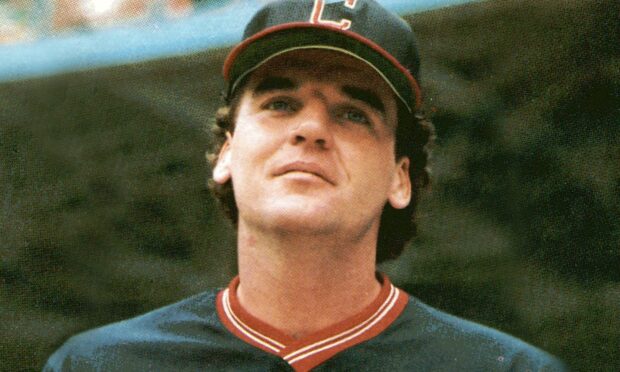It was the special season with Dundee Rockets in the 1980s that remains the highlight of Allard Leblanc’s hockey career.
His only regret is that he didn’t return for another season.
Allard lit up the Kingsway Rink and became a fans’ favourite but secretly struggled away from the ice, which eventually led to problems with alcoholism.
He has been sober since 1999 and has opened up about his life and times to mark 40 years since he joined the all-conquering Rockets in the summer of 1982.
Allard was born in 1957 in Cap-Pelé, New Brunswick, and was a product of the major junior hockey system where he played for the Hull Olympiques from 1975 to 1977.
He pursued academic studies while continuing his hockey development, which was where he struck up what would become a lifelong friendship with Roy Halpin.
Allard played in the American Hockey League with New Brunswick Hawks in 1979 and got a tryout for the Detroit Red Wings that didn’t pan out.
He saw this as a chance to go and play the game I love while staying in a great country.”
He never gave up hope of one day playing in the NHL and kept playing competitively while working in Quebec’s lobster fishing industry.
Then he got a call from his old college buddy Roy in summer 1982.
Roy was now playing for Dundee Rockets, after arriving from Concordia Stingers as one of the three full-time import players alongside Chris Brinster and Kevin O’Neill.
The three imports formed the backbone of the squad managed by Tom Stewart that broke scoring records and won the Grand Slam in 1981-82.
Kevin left Kingsway Rink afterwards and Roy suggested his replacement.
“I was weighing lobsters at the wharf when Roy called me to ask if I was interested in coming to Scotland to play for Dundee Rockets,” said Allard.
“I told Roy I would get back to him and my father overheard the conversation.
“He landed on the beaches of Normandy on D-Day and spent time in Scotland during the Second World War and was adamant I should go.
“He said: ‘Allard, don’t miss out on the chance to go to Scotland and play hockey’.
“He saw this as a chance to go and play the game I love while staying in a great country.
“The rest is history.”
Allard was an instant hit and scored 68 goals and made 57 assists when the Rockets won the league and play-off titles in the reformed British National League.
“I’m very proud to have played for Dundee Rockets and to this day I have incredible memories of the club and the fans,” said Allard.
“There is never a long period of time that goes by when I don’t think about Dundee and the relationship I had with the fans will never leave me.
“They embraced me as much as I embraced them.
“They turned out home and away and were always singing.
“The backing from the fans would make you go up an extra gear on the ice.
“I had never felt that level of support before during my hockey career and that was bolstered by the strong sense of camaraderie among the squad.”
The Rockets won the Grand Slam after first winning the two-legged Scottish final against Murrayfield Racers 12-9 on aggregate following a 26-game season.
The Rockets would go on to defeat Durham Wasps 6-2 in a memorable British Championship game at Streatham Ice Rink in London.
Allard jumped on the sleeper train to Dundee immediately after the match alongside Chris Brinster, Roy Halpin, Joe Guilcher and Tom Stewart.
They arrived back on Sunday morning, changed into their running gear, and headed straight to the starting line to compete in the 26-and-a-half-mile Dundee Marathon.
“We agreed to run the marathon whatever happened in London,” said Allard.
“We celebrated with eight cans of beer split between us on the train ride!
“I did swear a few times under my breath when we got to the starting line but I’d do it all again tomorrow, if I had two good hips that would take me round!”
Part-time heroes
Although the imports picked up a lot of plaudits, Allard said the home-grown players were just as instrumental to the team’s success in the 1982-83 season.
Those part-time heroes included the likes of Mike Ward, Jock McGuff, Jimmy Pennycook, George Reid, Dougie Scrimgeour, Joe Guilcher and Ally Brennan.
Who was the best player he played with during his time in Dundee?
“Roy Halpin was the best player in the UK at that time,” said Allard.
“Not only was he a great offensive player but he also had a great work ethic and anyone playing on the same ice as Roy would get tremendous scoring chances.
“At the other end of the rink there was Chris Brinster, who combined smart hockey with a tough streak and was one of the best defensive players in the game.”
The full-time imports would also train young players on a Friday night at Kingsway Rink but struggled with so much free time on their hands during the week.
They would often play golf, although after one poor game they ended up spending the week working for Tom Stewart’s scaffolding business!
“Tom pulled Chris and myself aside following a defeat and told us in not so many words that he felt we were both dragging our feet,” said Allard.
“He arranged for his scaffolding crew to pick us up from our home in Carnoustie on Monday morning and we were taken to the Highlands to work there for the week.
“Tom wanted to see if he could get our feet moving again by putting us to work and it proved to be another masterclass in man-management.
“We bonded well with the workers and we won the next weekend!”
Allard went back to Quebec in the summer of 1983.
He never returned to Dundee.
The Rockets continued where they left off and won the Grand Slam for a third successive season in 1983-84 and competed in the European Cup.
“I was part of one championship season and I regretted afterwards not getting my life in better order and coming back for more,” said Allard.
“But you can’t change the past – it is what it is.
“We had an exceptional year as a team and I played the best hockey of my career but I came home that summer and I wasn’t sure what I wanted.
“I didn’t know whether to go back to Dundee or try again to make it in pro hockey.
“In the end, I played competitive local hockey while not really taking care of my health, which was something that ultimately I would pay for in later years.”
The 1987 season was the end for the Rockets and Tom Stewart relinquished his ties with the team.
A second Dundee Tigers team was founded in 1987 following the demise of the Rockets.
They were renamed the Tayside Tigers in 1988 before being dropped from the top flight in 1989 following the closure of the Dundee rink.
Allard played hockey in Canada until 1990, going on to coach at junior level.
‘I am fortunate of where I am today’
His life changed when he ended up in intensive care in December 1999 before going into rehab for 28 days to receive treatment for alcohol addiction.
“I have been sober since December 23 1999,” said Allard.
“I decided then to put my energy into my work rather than taking risks with my health.
“I am fortunate of where I am today.”
Allard now runs his own lobster and bait business in Cap-Pelé, New Brunswick, Canada, where he lives with wife, Janet, who works alongside him.
He has two grown-up daughters and four grandchildren and keeps in touch with his former Rockets team-mates to share stories of the glory days.
Allard and Janet caught up with some of the Rockets boys in 2016 on a trip back to Scotland and are planning to return once things get back to normal.
“It was a special time in Dundee despite it being a brief stay,” he said.
“That’s what makes it all the more special looking back.
“I’ll always be a Dundee Rocket.”
More like this:
Roy Halpin: Memories remain timeless for Dundee Rockets ice hockey hero
George Reid: The ice hockey hero who fired Dundee Rockets to dizzying heights
